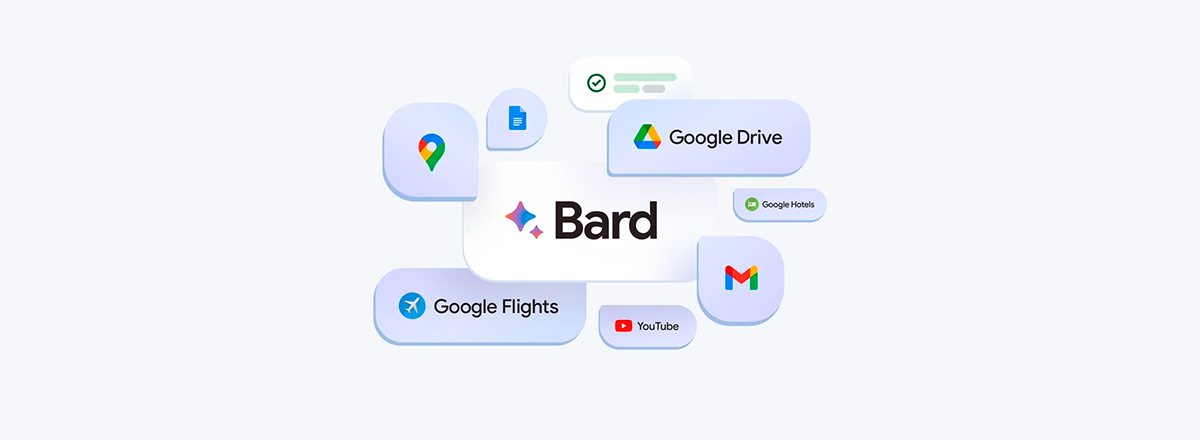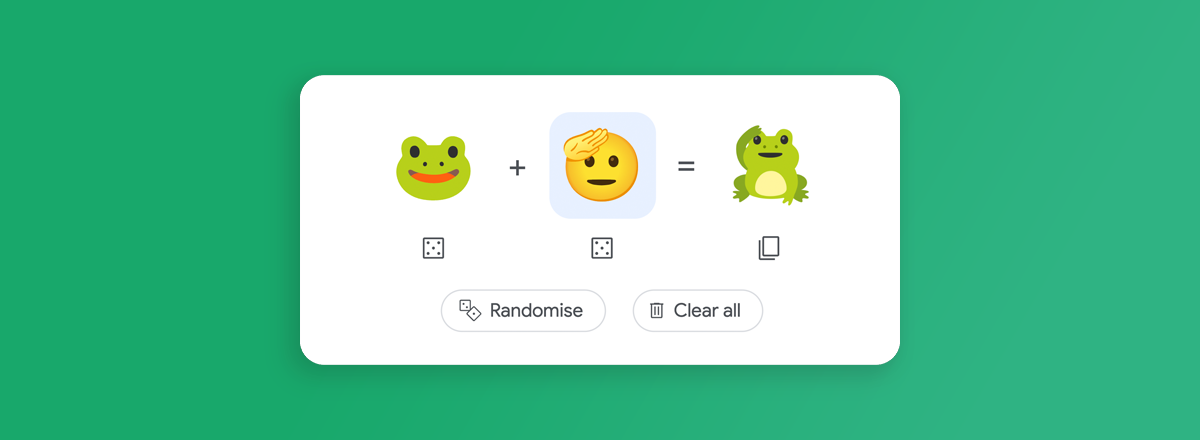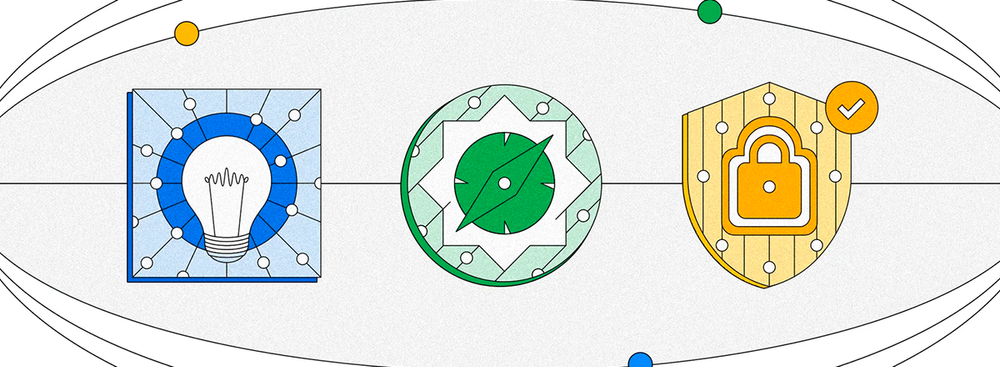Google has unveiled Google-Extended, a new tool designed to give web publishers more control over how their content is used by artificial intelligence (AI) models. With the rapid development of generative AI tools like Bard and Vertex AI, web publishers have seen increased creative possibilities in engaging with their audiences. However, Google acknowledges the need for responsible AI usage and respecting web publishers' preferences.

Google-Extended operates by providing a token that web administrators can incorporate into their site's robot.txt file, which instructs search algorithms on what content to index. This new control mechanism empowers web publishers to decide whether they want to contribute to the improvement of AI models like Bard and Vertex AI, and their future iterations.
Importantly, even if restrictions are imposed on AI models, a site's indexing by Google will continue unaffected.

This move reflects Google's commitment to responsible AI development and user data protection while recognizing the importance of granting web publishers choice and control over the usage of their content by emerging AI applications.














